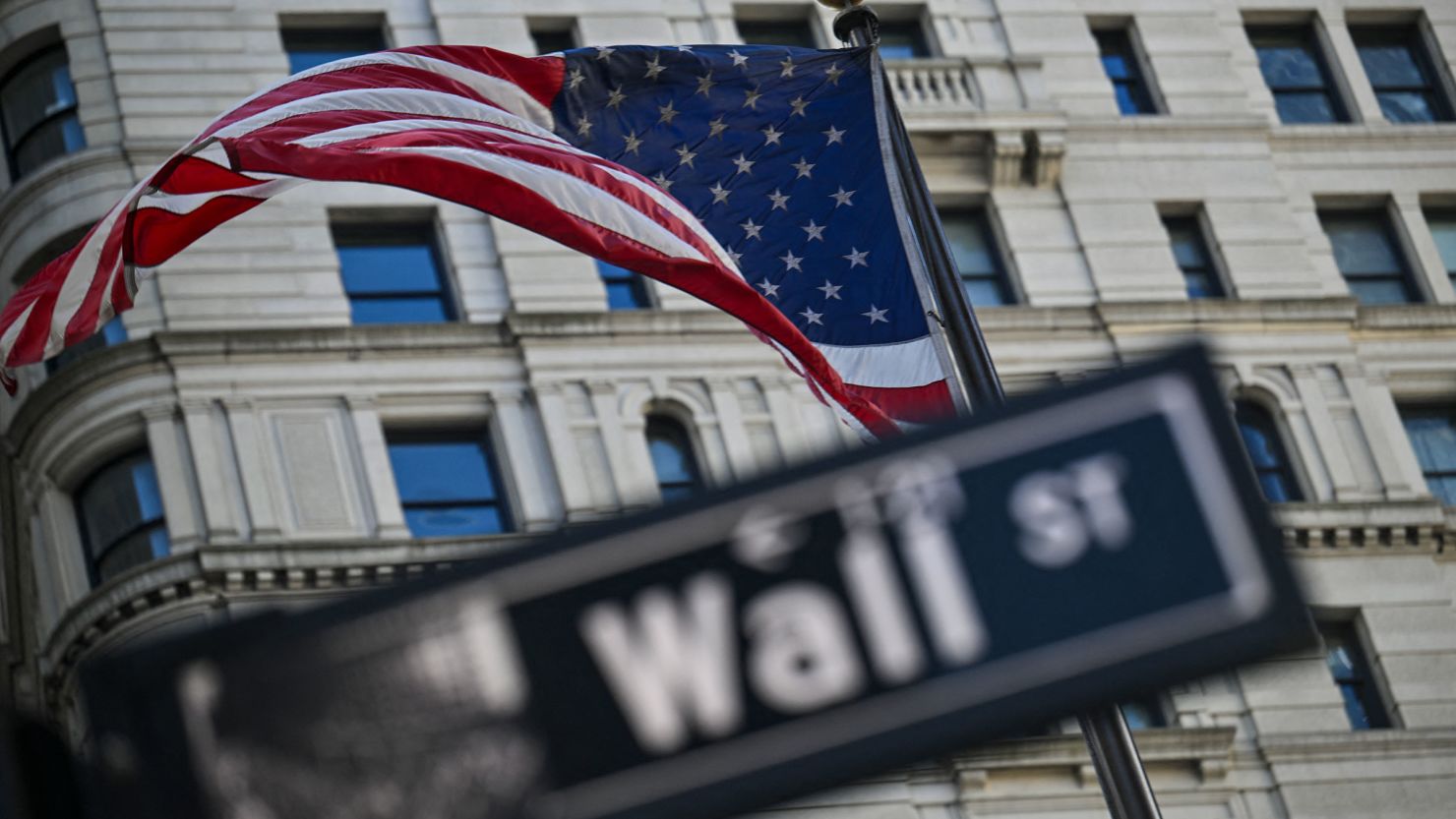90-Day Pause on Trump’s Tariff Policy
On 2 April 2025, US President Donald Trump announced new “reciprocal tariffs,” which he termed “liberation day.” This announcement reverberated through global markets, causing volatility. A 90-day pause on some tariffs was declared on 9 April, leading to a brief relief rally in stock prices. However, the implications of these tariffs extend far beyond temporary market reactions.
Tariff Changes
The new minimum tariff rate of 10% took effect on 5 April. This rate applies to imports from all countries, including the UK, with specific exemptions for pharmaceuticals and microchips. For China, tariffs rose , reaching 125% plus an additional 20% on fentanyl-related imports. The pause affects tariffs for 59 territories but does not alter the heightened rates for China.
Market Response and Economic Concerns
The initial announcement prompted a sharp decline in stock and bond markets. Business leaders expressed fears that escalating tariffs could lead the US into recession. Concerns from major corporations, including JPMorgan Chase, contributed to the urgency of the pause. The administration’s framing of tariffs as a means to secure favourable trade deals faced scrutiny due to the economic fallout.
Decision-Making Dynamics
Treasury Secretary Scott Bessent played important role in persuading Trump to reconsider the tariff strategy. Following a weekend of investor anxiety, Bessent met with Trump in Florida, emphasising the need for a pause to avoid economic turmoil. The announcement surprised many within the administration, indicating a lack of consensus on the tariff approach.
Strategic Flexibility or Miscalculation?
The tariff pause raised questions about the White House’s strategy. Some viewed it as a tactical move to engage trading partners, while others perceived it as an admission of error. The administration’s historical pattern of bold policy announcements followed by adjustments reflects a trial-and-error approach.
Ongoing Tariffs on China
Despite the pause, the administration maintained increased tariffs on China. Officials argued that the tariffs were essential for US economic and national security. Critics, including some Republican lawmakers, labelled the process chaotic, suggesting it undermined business confidence.
Month: Current Affairs - April, 2025
Category: Economy & Banking Current Affairs








